Automatic language translation
Our website uses an automatic service to translate our content into different languages. These translations should be used as a guide only. See our Accessibility page for further information.
Improving outcomes for Aboriginal families and communities is our priority. An important part of this is making sure that our policies and programs are designed by Aboriginal people, for Aboriginal people.
Explore the pages below to learn how we’re working to achieve our goals.
In Australia, a cycle of systemic disadvantage and intergenerational trauma has created conditions where Aboriginal communities are not appropriately supported in their work to heal from the abuse of past systems. Despite this, Aboriginal communities continue to be strong and resilient.
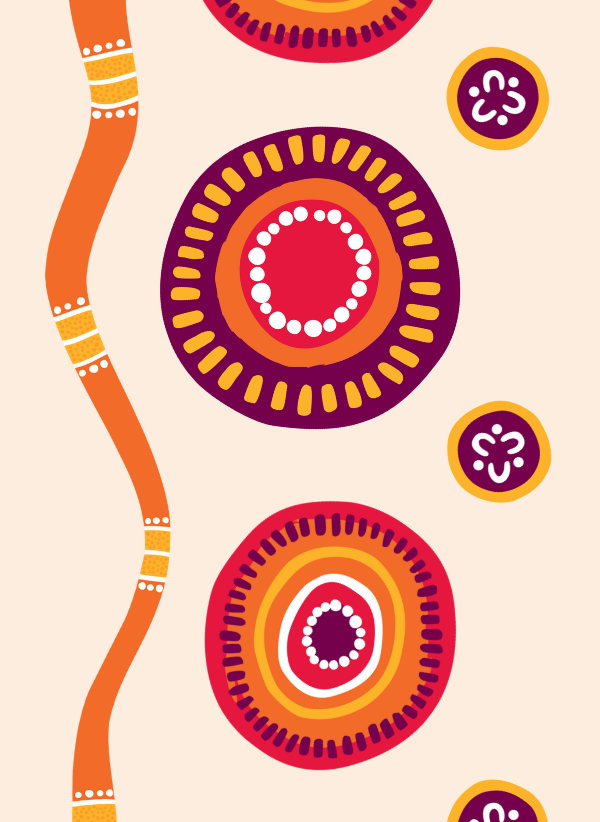
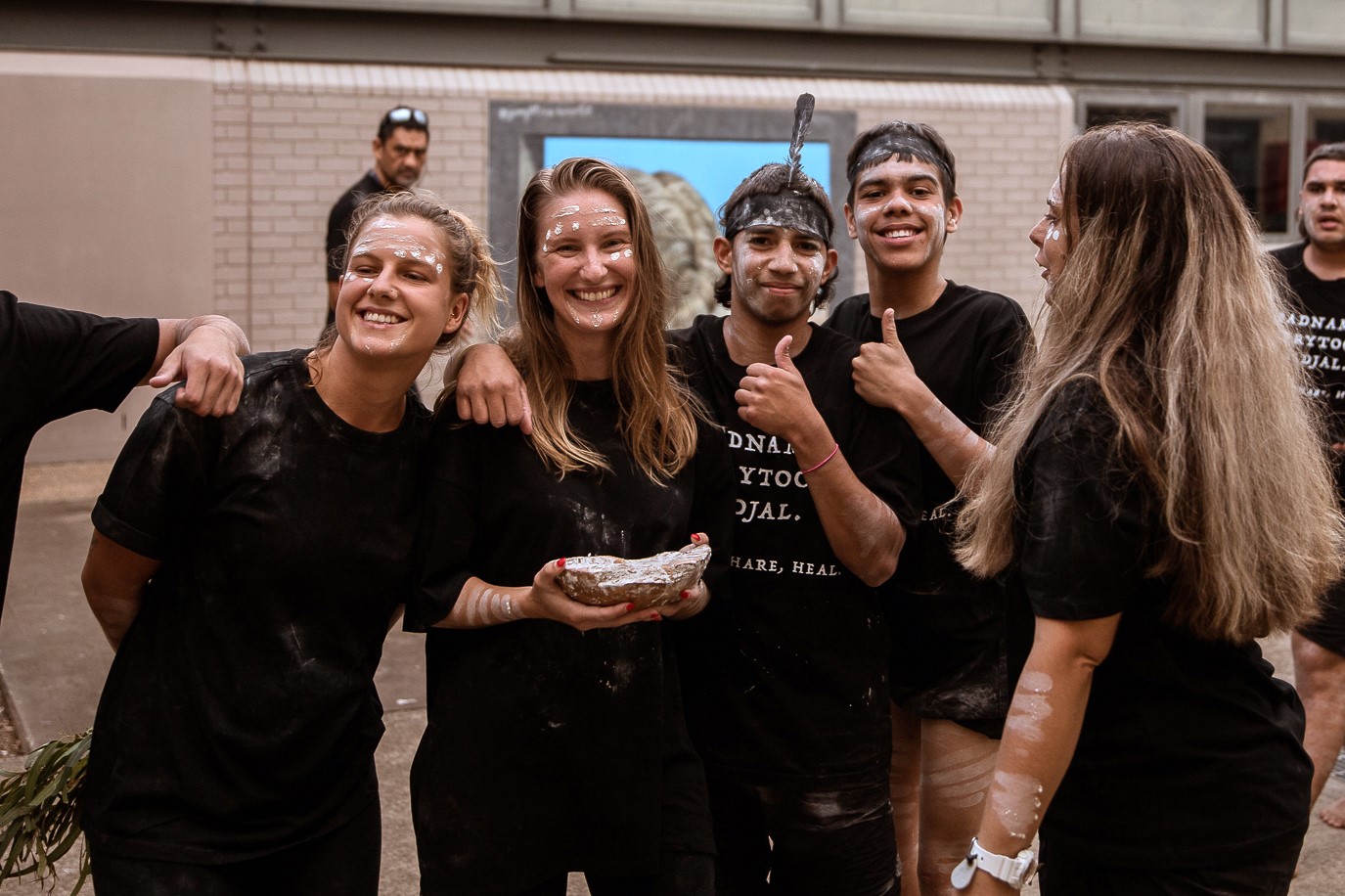
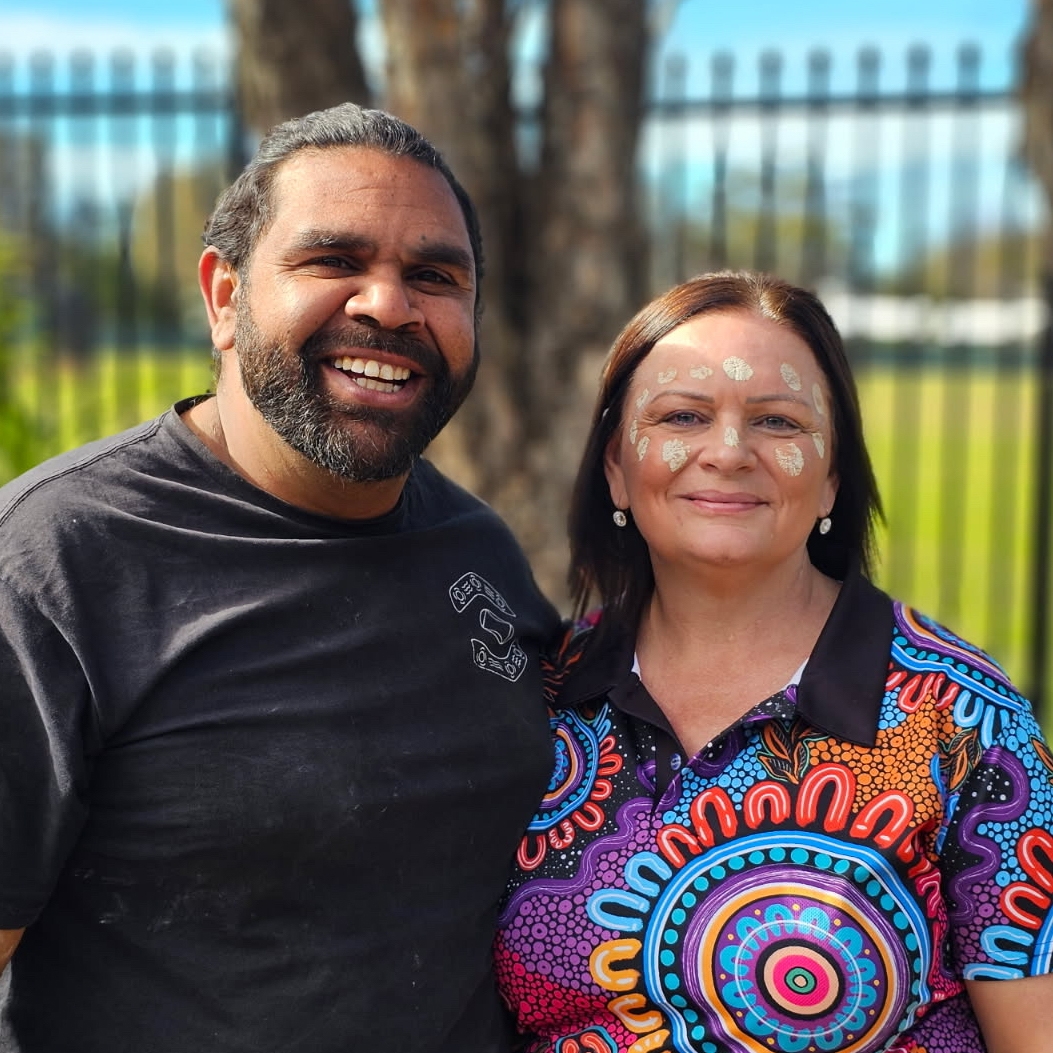

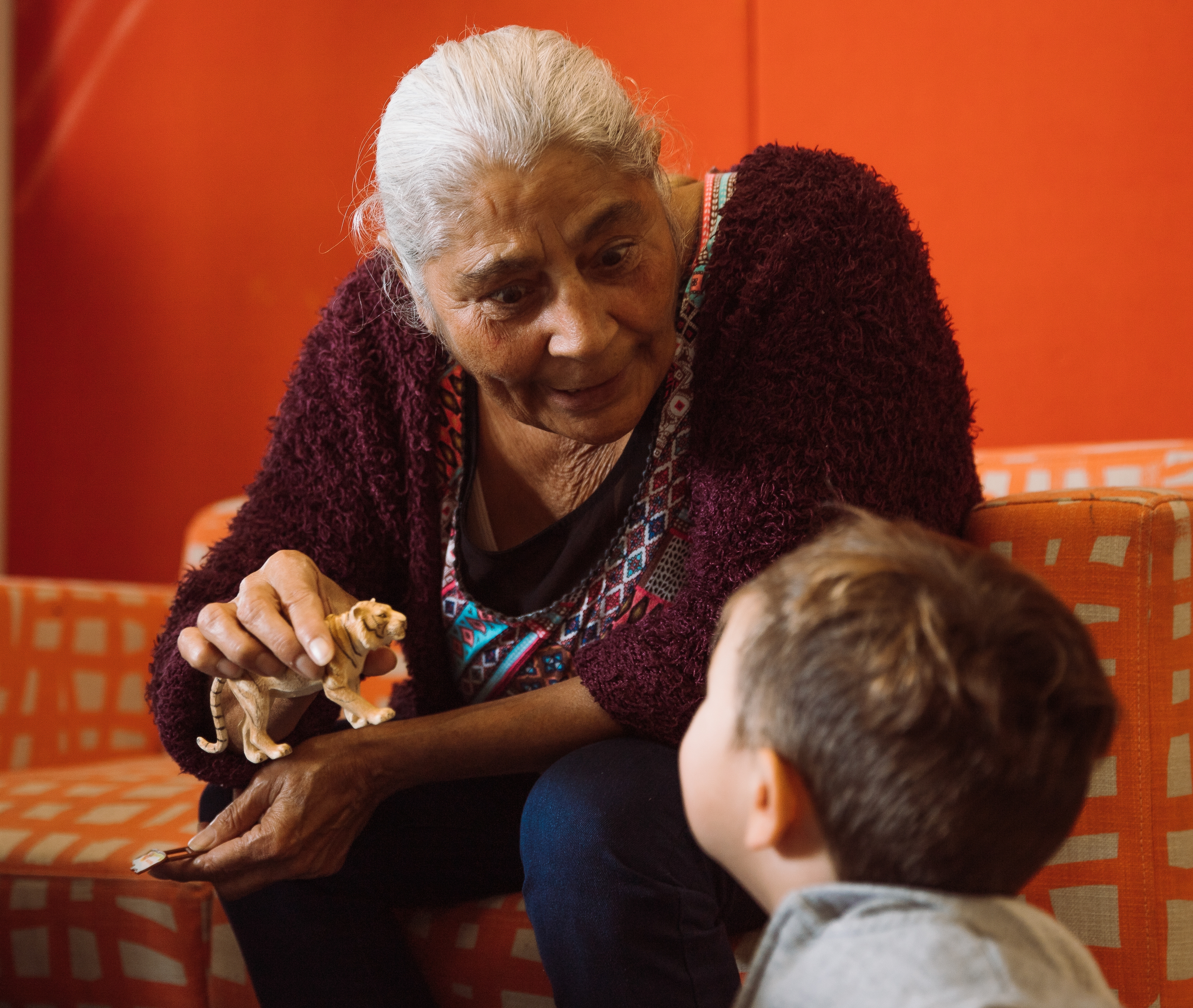
We're making big changes to the way we work. Learn about our goals to transform how we do business.
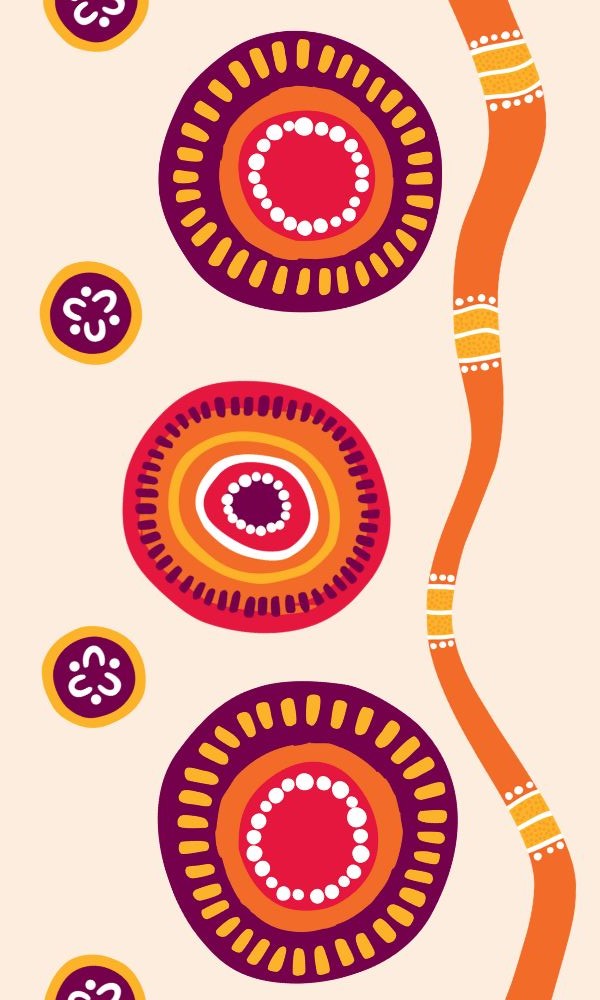
We're recruiting Aboriginal staff for a range of roles. From frontline workers to senior leadership, we aim to increase Aboriginal staff representation across our entire organisation.
Learn about careers for Aboriginal people at DCJ.
Our Aboriginal service users face additional challenges and barriers to effective service delivery, often due to cultural misconceptions and misunderstandings. To address this, we are developing a number of strategies, including:
The Aboriginal Cultural Capability Framework guides our work to increase the cultural capability of all our staff, including senior executives.
Transforming Aboriginal Outcomes (TAO) is a division in our department that champions Aboriginal perspectives and practices throughout DCJ. It ensures cultural safety, dignity, and the pursuit of aspirational futures for Aboriginal people. TAO aligns us with our commitment to providing trusted, equitable services and meeting Closing the Gap targets, TAO works to reduce intergenerational disadvantage and the number of Aboriginal people who are represented in our systems.
All employees must prepare an Aboriginal Impact Statement (AIS) during the planning stages of new activities aligned to our reforms where that activity is likely to have an impact on Aboriginal people, families and communities.
This tool prompts our staff to ask a series of questions that help them consider how our work will affect Aboriginal people, families and communities and to also create more opportunities for Aboriginal people to have their say.
Projects and initiatives developed and designed with the participation of Aboriginal people have the best chance of having a positive impact and achieving better outcomes.
Our Aboriginal Reference Group (ARG) provides consultations and advocacy for our work that may affect Aboriginal families, clients and communities.
ARG members help DCJ build working relationships with Aboriginal Elders, community groups, non-government agencies and individuals to make sure we are including Aboriginal perspectives in projects, programs and policy from the time we first start thinking about them to when they are put into action.
First set up in 1985, our ARG members are elected at a regional level from around NSW.
ARG promotes the inclusion of Aboriginal perspectives across:
DCJ's Aboriginal Commissioning Team is a newly established team created to support the growth of the Aboriginal Community Controlled (ACCO) sector, including existing DCJ funded ACCOs and new and emerging Aboriginal groups who want to become DCJ service providers.
The Aboriginal Commissioning team is working to establish a sustainable, culturally responsive service system that:
There are three focus areas which will direct the work the Aboriginal Commissioning team aim to deliver, these include:
Email us at: AboriginalCommissioning@dcj.nsw.gov.au
Last updated: